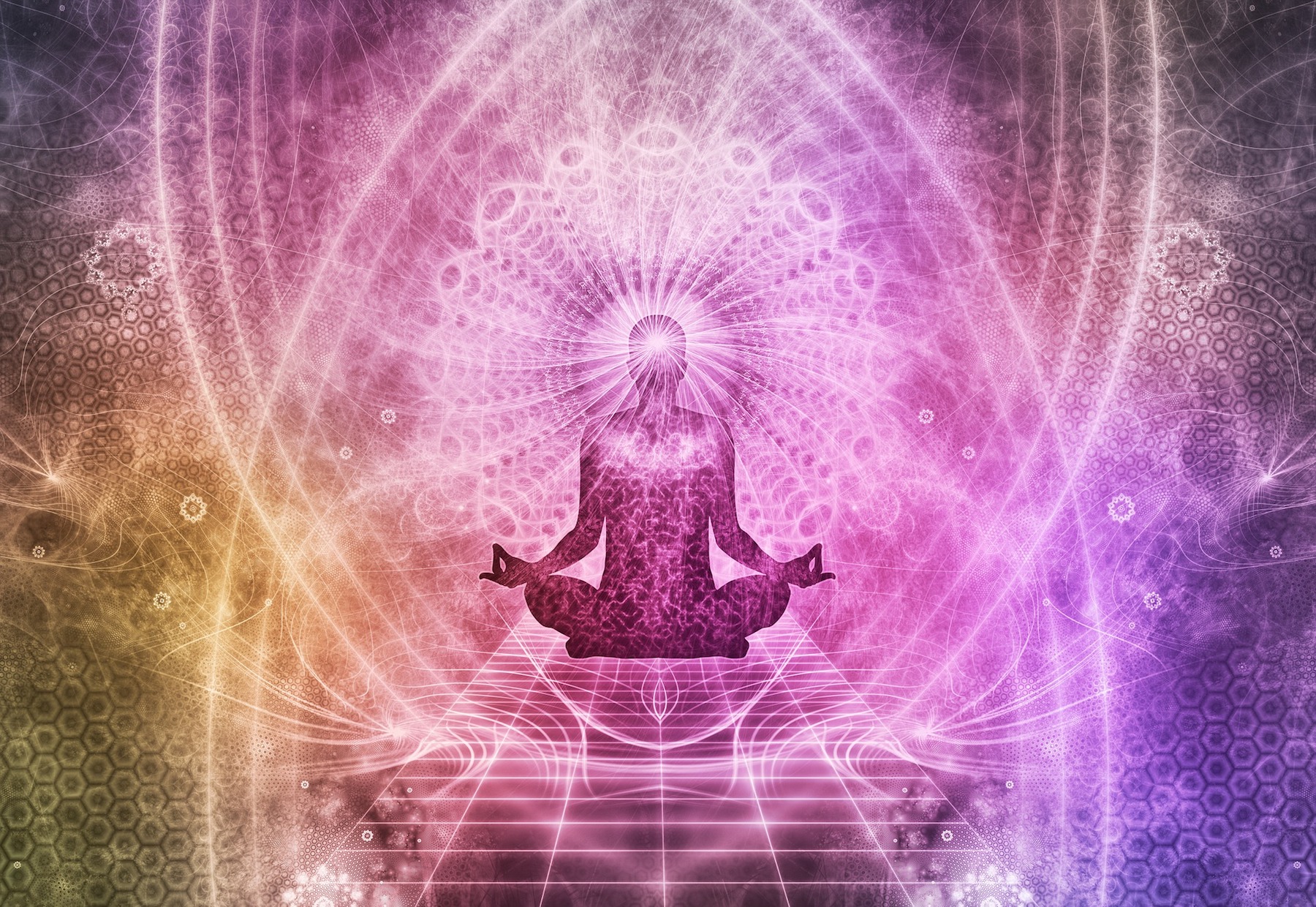Spirituality is not for losers, but it often loses because of them.
The problem is not so much with spirituality but with what people do with it. And very often it is a function of how we got introduced to it. There are three ways for that to happen – (1) by birth/family/culture, (2) due to a rough patch that drives us to seek solace in concepts of God/consciousness or (3) when we start to question our existence. Let me explain how each of these manifests in practical life.
Spirituality by birth
In the first case when spirituality is a part of our bringing, we either become dogmatic or enriched with wisdom. It is a function of whether we question our actions or follow tradition blindly. If we do not have a ‘why’ for every ‘what’ we do in the name of spirituality, we have missed the point. No spiritual path asks for blind submission because all roads to freedom disclosed by the ancients require both our effort as well as our complete attention. Without which we remain ignorant even though outwardly steeped in ‘spirituality.’
Spirituality of dejection
In the second case, which is the spirituality of dejection, we can either come out stronger, go astray or seek solace in divinity. It is in this last instance that some of us end up falling into the wrong hands. On average, human nature is such that when we are happy we rarely think about concepts like God or consciousness. Instead, we are fully satisfied and occupied with our lives, the things we have and the people we love. But once we hit a rough patch, the heart starts to seek something ‘more.’
Unfortunately, now we are not in the best of spirits or situation which means we may not be at our smartest and can make bad judgment calls. And because in these moments we are weak and easily influenced, we are easy prey for cults, sects or mercenary spiritual ‘gurus.’ Once we find such a ‘spiritual’ path, we get hooked on to our religious worldview, unable to accept anything else because without it we would fall apart. It becomes our pillar of strength, and we either become entirely aloof, disconnected and solitary, or we become aggressive, persistent canvassers of our chosen path out to convert everyone. That almost always leads to dogma, violence, opinionated debates, intolerance, closed-mindedness and so much more in the name of spirituality. In this everyone ends up being a loser, the seekers, the bystanders, the neighbors …everyone.
Active Spirituality
The third case is one of active participation – when we choose a spiritual path at a time when we feel no need for it. We start to question the reason for our existence, just because it is a valid question. When we actively seek out God/consciousness/philosophy, not as a panacea to all our problems but as the next step in our evolution, we are unlikely to fall for magic potions or quick solutions. We are now unlikely to be intolerant of other paths or dogmatic about our choices or even those of others. Because what we are looking for does not stem from dissatisfaction but determination. It’s not a choice that comes from a place of weakness, but we step up from a position of openness & strength. We are not searching for an association, a comfort group or a social identity. We choose our spirituality for our self because we must, and we let others do so too, and then everyone is a winner.
This question was initially answered by me on Quora.







